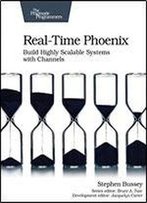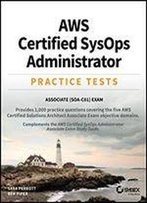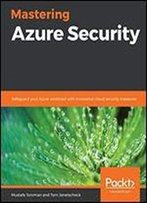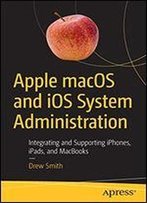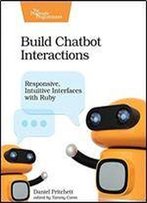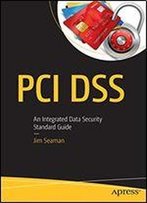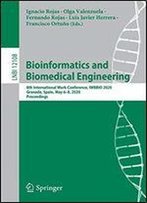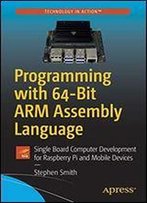
Intelligent Tutoring Systems For Foreign Language Learning: The Bridge To International Communication (nato Asi Subseries F:)
by Merryanna L. Swartz /
1992 / English / DjVu
26.1 MB Download
Multilingual communication within the world community is important
for economic, political, and cultural interactions. In a global
environment where other languages are increasing in importance in
addition to recognized intemational standards (i. e., English and
French), language learning is becoming more important for improved
international relations. At the same time, recent advances in
instructional technology make the promise of building intelligent
tutoring systems in advanced technology laboratories to teach these
language skills a reality in the near future. These tutoring
systems, therefore, may help us foster improved methods for
acquiring languages. As active language learners and instructional
technology researchers, we felt an international meeting with
similar individuals was needed to discuss how such advanced
tutoring systems are to be designed and implemented. We held such a
meeting, the results of which are presented in this volume. The
purpose of this Advanced Workshop, sponsored by the NATO Scientific
Affairs Division, was to bring together a multidisciplinary group
of researchers who were active in the development of intelligent
tutoring systems for foreign language learning. Participants came
from computer science, computational linguistics, psychology, and
foreign language learning. Washington, D.C. was selected for the
Workshop site since it is Merryanna's home city, the capitol of the
United States, and an international, multilingual community in its
own right. Masoud agreed to the location (with a promise to be
shown the White House!) and graciously volunteered to coordinate
activities from the European side.
Multilingual communication within the world community is important
for economic, political, and cultural interactions. In a global
environment where other languages are increasing in importance in
addition to recognized intemational standards (i. e., English and
French), language learning is becoming more important for improved
international relations. At the same time, recent advances in
instructional technology make the promise of building intelligent
tutoring systems in advanced technology laboratories to teach these
language skills a reality in the near future. These tutoring
systems, therefore, may help us foster improved methods for
acquiring languages. As active language learners and instructional
technology researchers, we felt an international meeting with
similar individuals was needed to discuss how such advanced
tutoring systems are to be designed and implemented. We held such a
meeting, the results of which are presented in this volume. The
purpose of this Advanced Workshop, sponsored by the NATO Scientific
Affairs Division, was to bring together a multidisciplinary group
of researchers who were active in the development of intelligent
tutoring systems for foreign language learning. Participants came
from computer science, computational linguistics, psychology, and
foreign language learning. Washington, D.C. was selected for the
Workshop site since it is Merryanna's home city, the capitol of the
United States, and an international, multilingual community in its
own right. Masoud agreed to the location (with a promise to be
shown the White House!) and graciously volunteered to coordinate
activities from the European side.

